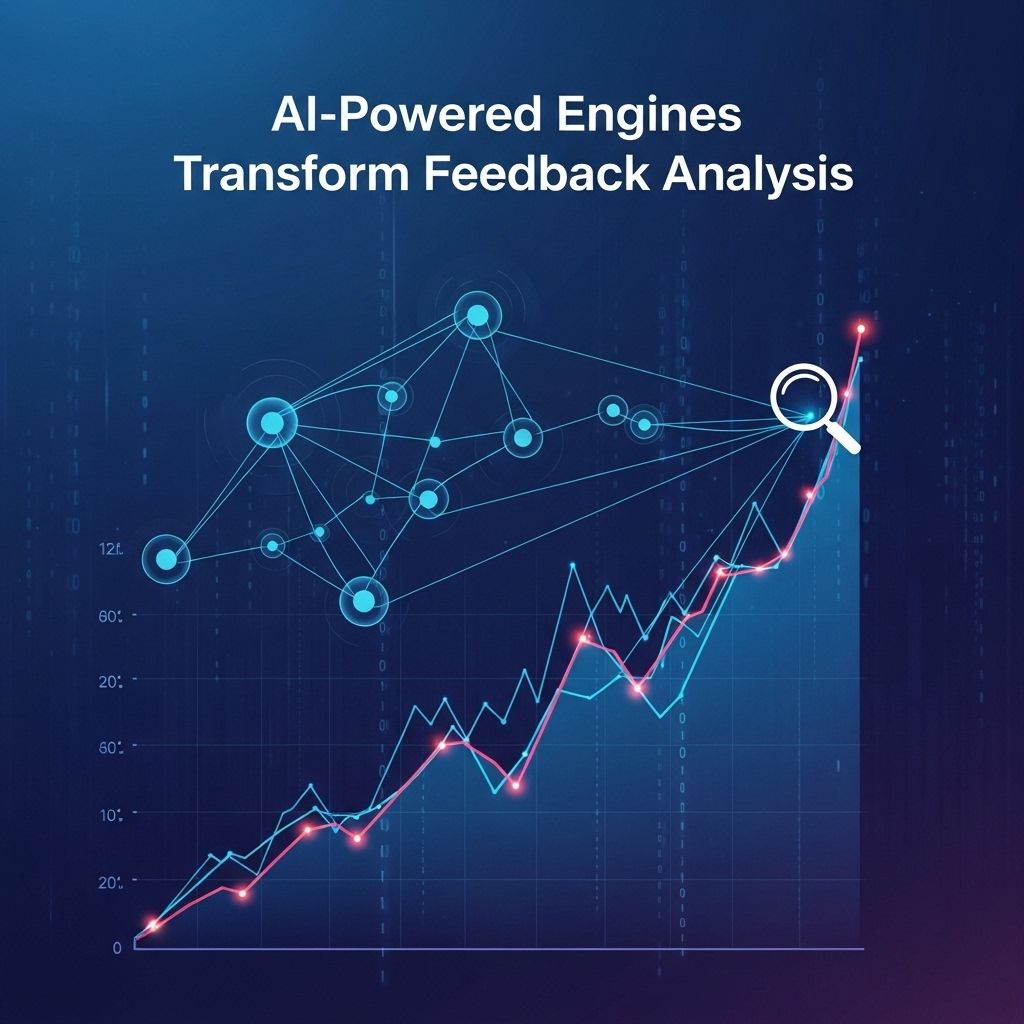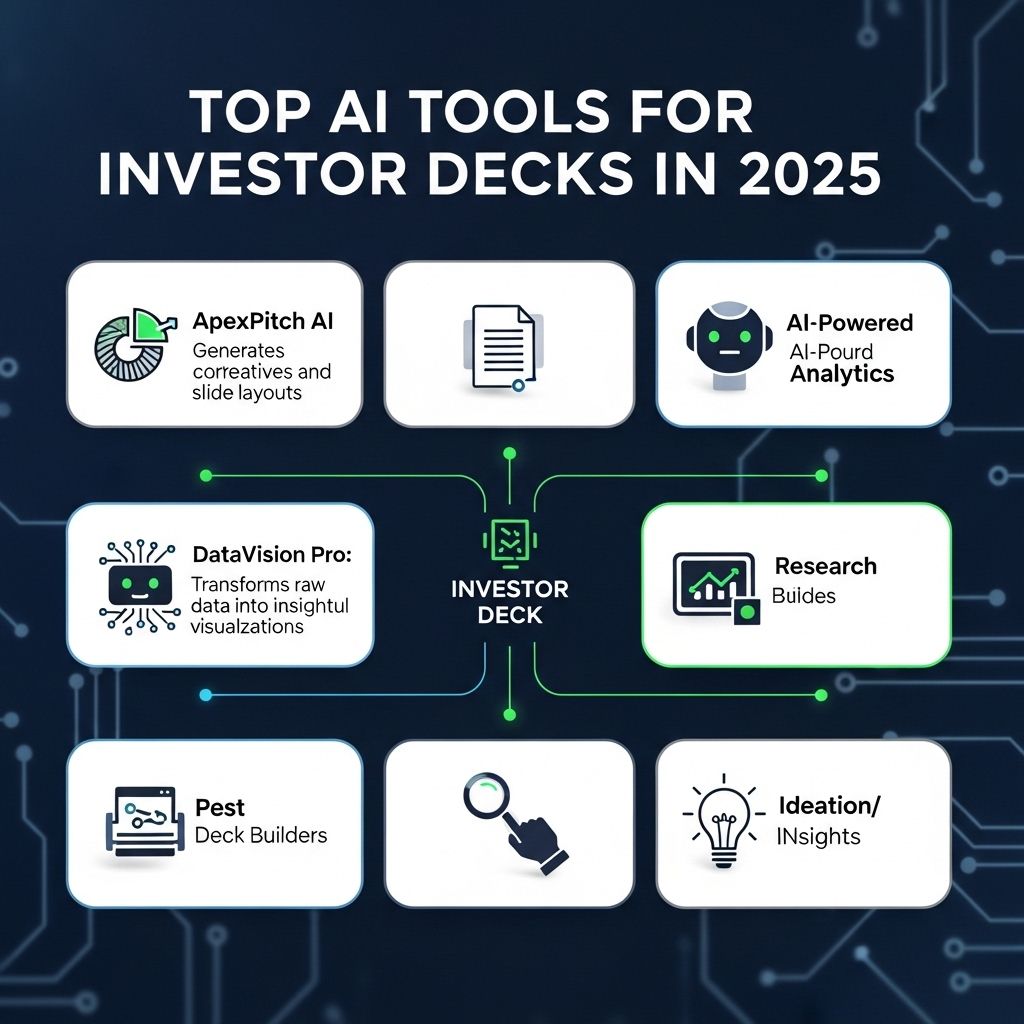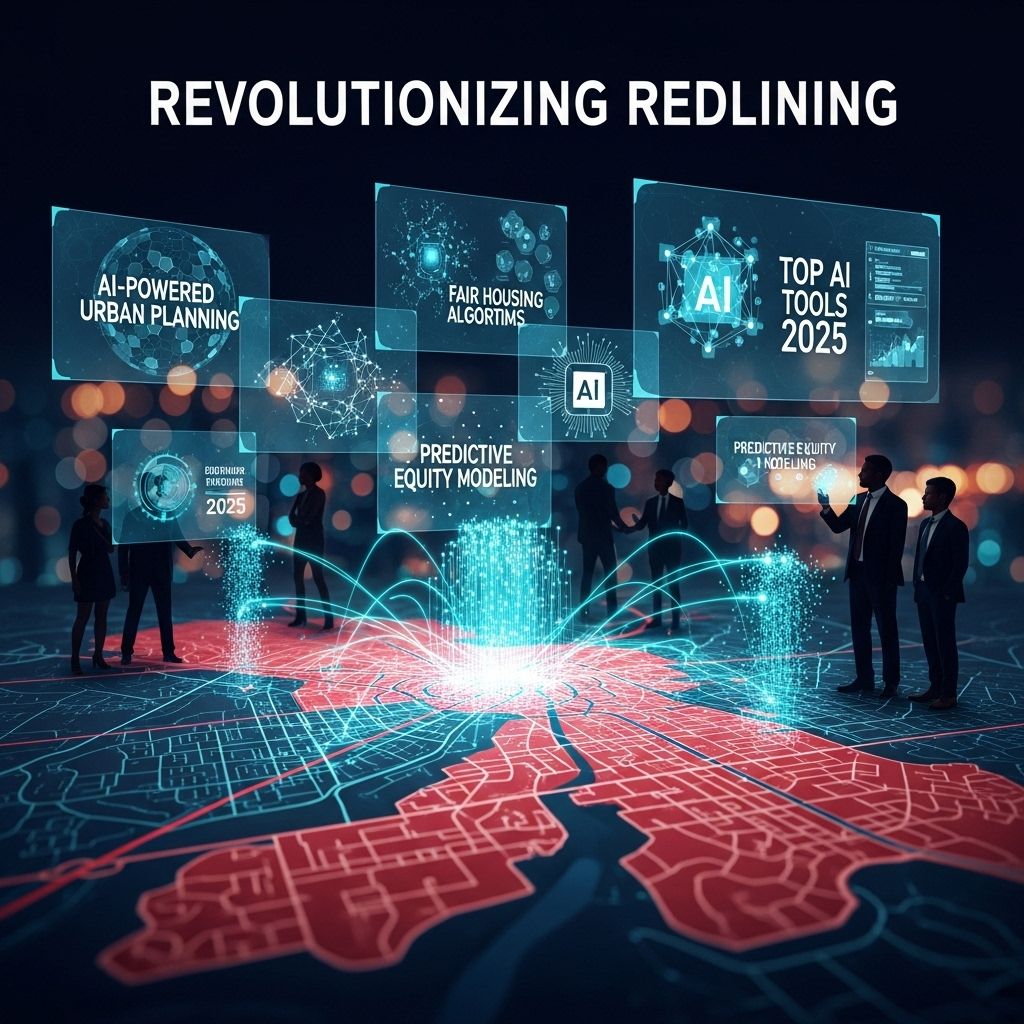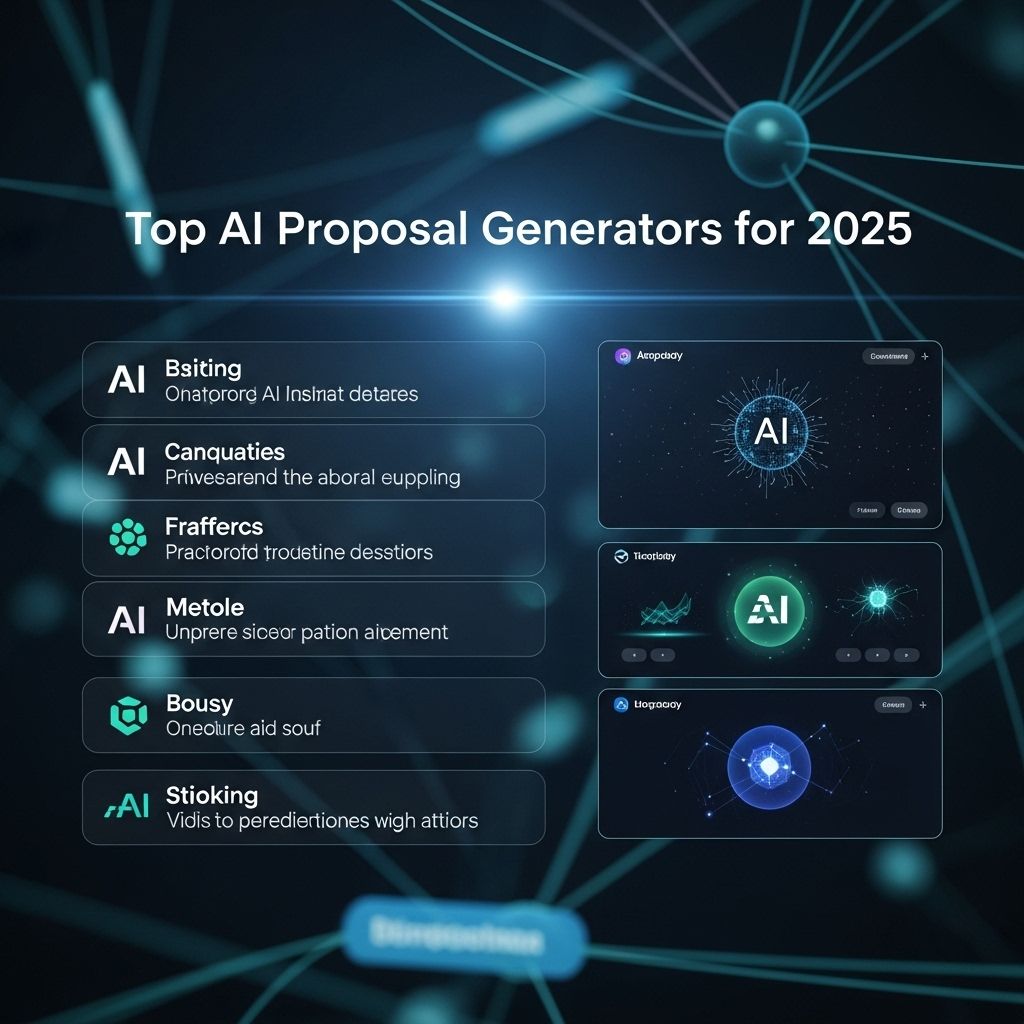In an age where data drives decisions, the ability to analyze feedback efficiently has become paramount for businesses seeking to leverage customer insights. Traditional methods of feedback analysis often fall short in extracting actionable insights from vast amounts of unstructured data. However, with the rise of AI-powered engines, organizations can now transform how they interpret feedback, leading to enhanced customer satisfaction, improved products, and ultimately greater profitability. In this article, we will explore the mechanisms behind AI-driven feedback analysis, its benefits, and the future landscape it promises.
In today’s fast-paced digital landscape, harnessing AI-powered engines for feedback analysis is revolutionizing how businesses interpret consumer insights. These advanced tools enable organizations to transform raw data into actionable strategies, enhancing decision-making processes. Explore innovative design elements that can further elevate your brand identity: view 3D logo variations.
Table of Contents
Understanding Feedback Analysis
Feedback analysis involves collecting and interpreting opinions, suggestions, and concerns from various stakeholders, including customers, employees, and partners. This crucial process can take different forms, including:
- Surveys – Structured questionnaires designed to gauge opinions.
- Social media comments – Real-time feedback expressed across various platforms.
- Product reviews – Customer experiences shared on e-commerce or retail sites.
Traditionally, this analysis required manual effort, which was time-consuming and often led to biases. However, AI engines have revolutionized this process through advanced natural language processing (NLP) capabilities, enabling organizations to sift through large datasets swiftly and accurately.
The Role of AI in Feedback Analysis
Natural Language Processing (NLP)
NLP is a field of AI that enables machines to understand and interpret human languages. Here’s how NLP enhances feedback analysis:
- Sentiment Analysis: AI engines can categorize feedback as positive, negative, or neutral, allowing companies to gauge the overall sentiment of their audience.
- Topic Modeling: NLP can identify themes and topics prevalent in customer feedback, helping businesses understand areas of concern or interest.
- Emotion Detection: Advanced AI can even recognize complex emotions such as anger, joy, or frustration, providing deeper insights into customer feelings.
Machine Learning Algorithms
Machine learning algorithms play a crucial role in enhancing feedback analysis by continually learning from new data. This iterative process allows AI engines to:
- Improve accuracy over time, adapting to new language uses and trends.
- Recognize patterns in feedback, predicting future responses based on historical data.
- Segment feedback based on demographics or customer behavior.
Benefits of AI-Powered Feedback Analysis
Improved Efficiency
AI engines can process and analyze feedback at an unprecedented speed, freeing up human analysts to focus on strategic decision-making rather than mundane data entry tasks. For instance, a manual review of customer feedback might take weeks, while AI can generate actionable insights in real-time.
Enhanced Accuracy
Through machine learning, AI systems reduce human error, ensuring that feedback is categorized and interpreted consistently. This leads to more reliable data-driven decisions.
Actionable Insights
AI-powered feedback analysis uncovers hidden insights that may not be apparent through manual analysis. Businesses can discover:
- Trending customer concerns that require immediate attention.
- Patterns in customer behavior that inform marketing strategies.
- Opportunities for product improvements based on direct user feedback.
Use Cases of AI in Feedback Analysis
Retail Industry
In retail, AI can analyze customer reviews and social media conversations to identify which products resonate with consumers. For example, a clothing brand might find through sentiment analysis that a specific jacket style consistently receives positive feedback, guiding production and marketing efforts.
Hospitality Sector
Hotels and restaurants utilize AI to analyze reviews on platforms like TripAdvisor and Yelp. By identifying common complaints, such as slow service or cleanliness issues, businesses can implement targeted improvements.
Technology Companies
Tech firms leverage AI to sift through user feedback on software updates or product launches. For instance, by analyzing sentiment around a recent software release, they can quickly address bugs or user concerns, ultimately improving customer retention.
Challenges and Considerations
Data Privacy
As organizations increasingly rely on AI to analyze customer feedback, they must navigate the complex landscape of data privacy regulations. Compliance with laws such as GDPR is essential to protect user information.
Bias in AI
AI systems are only as good as the data on which they are trained. If the input data is biased, the output will be too. It is critical for organizations to ensure a diverse dataset for training AI systems to mitigate bias in feedback analysis.
Implementation Costs
While the long-term benefits of AI-powered feedback analysis are substantial, initial implementation costs can be high. Organizations must carefully assess their budget and ROI before investing in these technologies.
Future of AI in Feedback Analysis
The future of AI in feedback analysis is promising. As technology continues to evolve, we can expect to see:
- More sophisticated AI models that can understand context and nuance in human language.
- The integration of AI into real-time customer service platforms, enabling immediate response to feedback.
- Increased collaboration between AI and human analysts, combining the strengths of both.
Conclusion
AI-powered feedback analysis is transforming how organizations interpret customer input, leading to improved decision-making and customer satisfaction. As businesses embrace these advanced technologies, they stand to gain a competitive edge in an increasingly data-driven world. By understanding the benefits, challenges, and future potential of AI in feedback analysis, organizations can position themselves as leaders in their respective industries.
FAQ
How do AI-powered engines transform feedback analysis?
AI-powered engines enhance feedback analysis by automating data collection, identifying patterns, and providing insights quickly, enabling businesses to respond to customer needs more effectively.
What are the benefits of using AI for feedback analysis?
The benefits include increased accuracy in sentiment analysis, faster processing times, and the ability to analyze large volumes of feedback from multiple sources in real-time.
Can AI-powered feedback analysis improve customer satisfaction?
Yes, by leveraging AI to understand customer sentiments and behaviors, businesses can make informed adjustments to their products and services, ultimately enhancing customer satisfaction.
What types of feedback can AI engines analyze?
AI engines can analyze various types of feedback, including customer reviews, surveys, social media comments, and direct customer interactions, providing a comprehensive view of customer sentiment.
Is AI feedback analysis suitable for all types of businesses?
Yes, AI feedback analysis is versatile and can be applied to businesses of all sizes and industries, allowing them to better understand customer preferences and improve their offerings.









